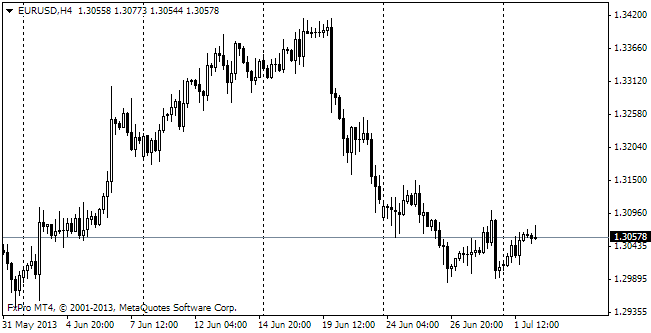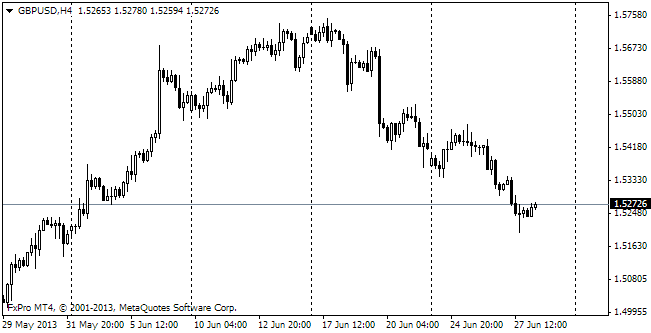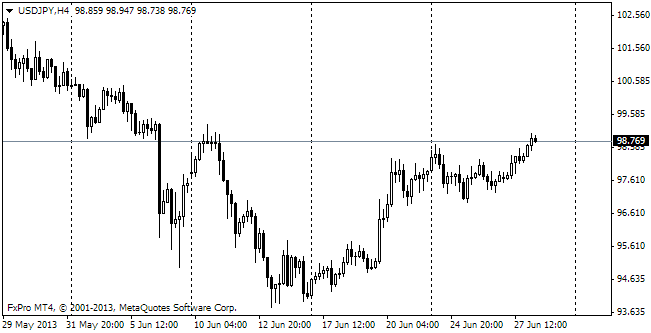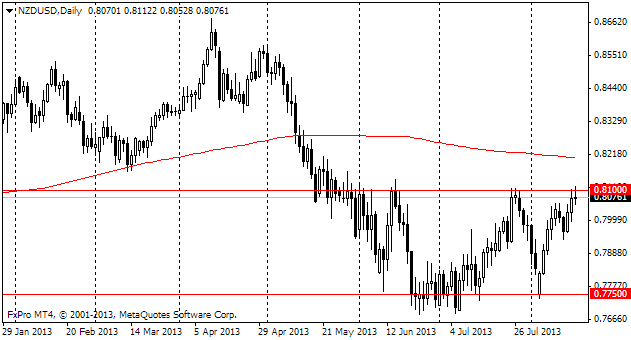EUR/usd
The single currency depreciated against the dollar yesterday. Having started Thursday at 1.3660, eurusd finished it at 1.3550. It fell right to the area, where it had begun its upsurge a week before on the release of strong PMI stats. In our opinion, that movement was nothing more than washing out of short positions. Too many spoke about strength of the dollar on the threshold of the Fed's meeting. In such cases big players often announce hunting for stops and kick a part of small investors off the market. It gives an opportunity to sell expensive or buy cheap, depending on the situation. It was remarkable yesterday that the US news was disregarded from the very beginning ( we wrote that the pair didn't budge on the publication of the Fed's decision). Yesterday's positive stats on Germany's employment went almost unnoticed against tapering of the euro purchases. The locomotive of the EU economy reported that in January unemployment decreased by 28K, which is considerable decline since September 2011. The current unemployment rate is the lowest for all the modern history of Germany, available from 1992. Yet, this index remains high in comparison with the standards of other developed countries, making 6.8%. So, if investors were actively purchasing the euro on the message about PMI growth a week ago, they were to continue purchases yesterday. However, in our opinion, the decline of the single currency is quite reasonable, though it is hard to explain why it occurred against the news. The trend for the euro's depreciation will be confirmed by breaking through the support at 1.3500. Now trading is held close to 1.3550. The main risk factor for the single currency today can be posed by a surprisingly poor CPI rate for the eurozone in January. Low rates (after Germany's poor stats) may give carte blanche to further policy easing of the EU CB.

GBP/USD
The sterling suffered less than the euro yesterday, but it was quite enough. Yesterday the British pound fell against the dollar to 1.6440, where it had been on January 21. The expectations of retreating from the highs seem to come true. This day, the end of the week and the month, may become an exception, but won't change a broader picture. The British increase using loans. It is not good for the economic stability in the long term, but now it is a sign of consumers' confidence in the future (as far as future earnings are concerned). Yet, the British economy is more dynamic than the economy of EU now, but there are some doubts if this dynamics will be steady. This is why the period of the pound's appreciation against the euro is likely to come to an end in the coming weeks.

USD/JPY
The yen still cannot resume its retreat against USD. The reason is decline in the markets of the emerging economies, boosting demand for the defensive yen. The inflation data published today have confirmed the country's approach to the inflation target of 2%. At the national level the price growth reached 1.6% in December. The January stats for Tokyo are less optimistic: growth by 0.7% y/y. The bank of japan is having a tough time now. There is inflation growth, but we still see considerable trade deficit, which is not typical of the country.

NZD/USD
The Kiwi is still suffering losses. Over the second half of the week it has tumbled from the middle of the traded range to its support and is now at 0.8140. On its way down the level of 0.81 will be of much importance, as its breaking will mark a reversal.
